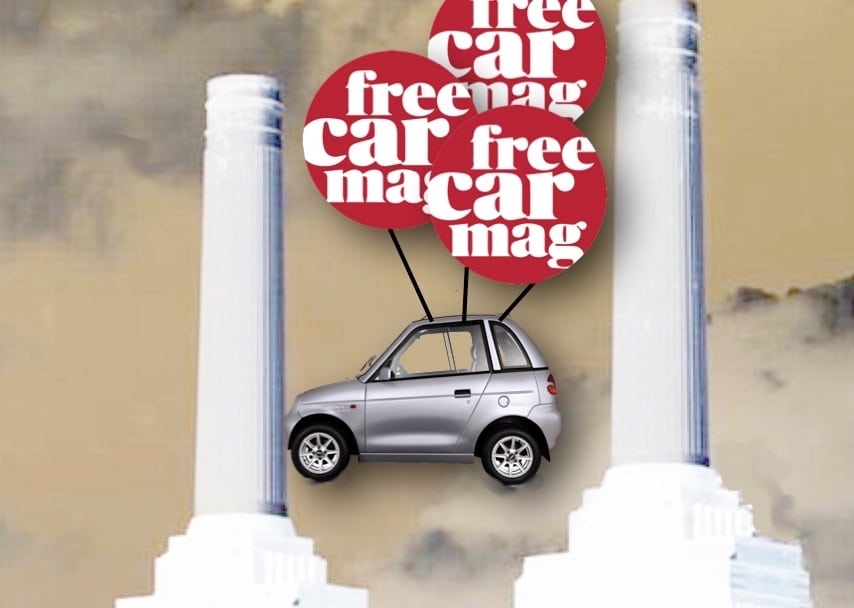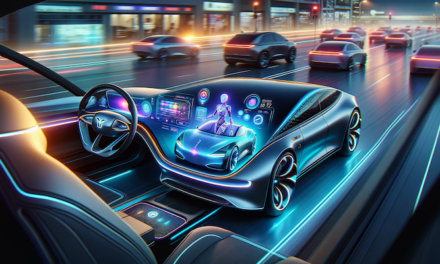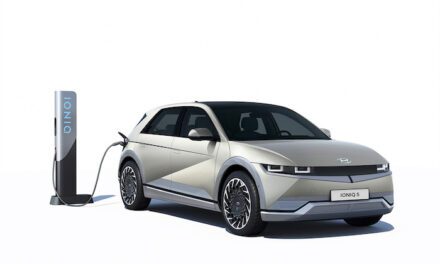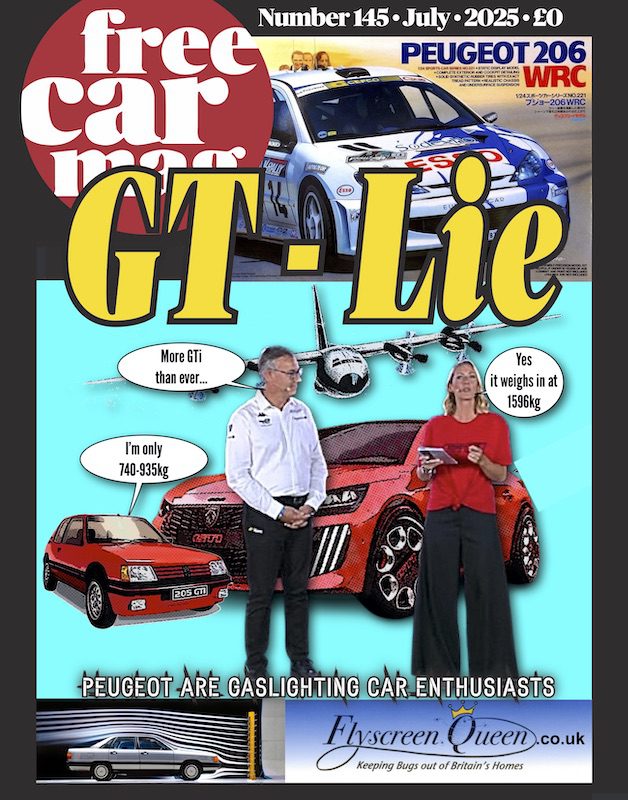With the introduction of the T-Charge in London less than one week away, Exchange and Mart is urging motorists to seriously consider the financial and environmental benefits of EVs and explore the second hand EV market, which is getting more attractive for buyers by the day. In the last four years there has been a significant increase in demand for EVs in the UK; new registrations of plug-in cars increased from 3,500 in 2013 to more than 126,000 by the end of September 2017. And says, Exchange and Mart, this trend is set to grow.
Under Sadiq Khan’s new T-Charge, motorists using the most polluting vehicles during peak hours in Central London will be charged £21.50 per day. It’s not just the country’s Capital that is taking a stand against emissions, with several initiatives now taking place across the UK designed to encourage people to ditch petrol and diesel for EVs.
“If cutting emissions isn’t enough of an incentive, then the fuel savings should be attractive to most motorists,” explains Lynn Clark, Brand Manager for Exchange and Mart. “EVs cost just 2 pence a mile and £2-£3 to charge at home. In contrast, a petrol or diesel equivalent costs between £9 and £13 to drive 100 miles. And for car owners without off-street parking, government funding allows householders to apply for public on-street charge points near their home.”
A misconception that EVs come with a high price tag is one of the key factors that stop people from buying a plug-in as their next car, however, the used models offer some very attractive savings. A Renault Fluence saloon or two-seat Twizy Guise can be found for as little as £3000, with the popular Nissan Leaf available second hand for under £6,000. These vehicles will not just reduce fuel expenses but enable owners to drive in ‘clean air’ zones, in turn bringing motoring tax savings.
Battery anxiety has also played a part in deterring motorists from making the EV switch. The new generation of EVs are ideal for commuters who travel less than 100 miles per day, leaving them with no range worries. In addition, high profile companies, such as Shell are making significant investments in creating a network of easily accessible car charging points not just in the UK but across Europe. Polar, the UK’s largest EV charging network with more than 5,000 publicly-accessible charging points is continuing to expand with around 20 rapid chargers being added every month by Chargemaster over the coming years.
An issue that used EV buyers need to be aware of is how well the batteries keep their charge. If purchasing a car that has trouble maintaining battery energy, then a replacement will need to be considered, and this can come with a hefty price tag. However, many makes and models now come with a battery lease plan and whilst this adds to the vehicle’s monthly running costs, it will actually be offset by the car’s lower price.
“With Oxford City Council just announcing plans to create the world’s first Clean Air Zone by 2020 and other cities set to follow suit, car buyers may want to consider their EV purchasing options,” continues Lynn Clark. “Major car manufacturers are making some exciting changes. VW offers the e-Golf, offering a range of 186 miles thanks to its improved battery capacity and all in the familiar style. BMW is also getting in on the EV market with the i3, which offers stylish and practical motoring, with one of the best battery ranges around. What’s more, BMW’s electric Mini is set to launch in 2019 and Mercedes-Benz is promising electric versions of all its models.
“With the technology improving all the time, the used EV market is growing, which means there are some bargains to be had for two or three year-old electric models. There’s never been a better time to consider making the switch to electric, as it not only makes sense for the environment, it can bring significant savings on fuel and running costs.”











